
ICAS Bulletin (online ISSN 2836-3418, print ISSN 2836-340X) is published every other week throughout the year at 1919 M St NW, Suite 310, Washington, DC 20036.
The online version of ICAS Bulletin can be found at chinaus-icas.org/bulletins/.

– On January 27, U.S. Secretary of State Antony Blinken spoke on the phone with Chinese Foreign Minister Wang Yi. Blinken emphasized the need for continued dialogue as a measure for de-escalation, but Wang blamed heightened tensions on Washington’s lack of “substantial” change since the November Biden-Xi meeting.
– On January 25, the U.S. Congressional Research Service issued a report on ‘Great Power Competition’ focusing on how the U.S. should respond to China and Russia.
– On January 21, U.S. President Biden spoke for 80 minutes with his Japanese counterpart, Prime Minister Fumio Kishida, where the two discussed their mutual concerns over China’s regional posture in East Asia.
– On January 21, it was reported that Chinese and U.S. officials are preparing another meeting between National Security Advisor Jake Sullivan and his counterpart in China’s Politburo Standing Committee, Yang Jiechi.
– On January 18, it was reported that the Biden Administration plans to unveil the “common goals” of its proposed Indo-Pacific Economic Framework in early 2022.

– On January 24, units of the U.S. Pacific Fleet—including two aircraft carrier groups, amphibious vessels, and several F-35 stealth fighters—conducted joint naval exercises with Japan’s Maritime Self-Defense Forces in the South China Sea.
– During the joint exercises, an F-35 fighter malfunctioned and crash landed in the South China Sea—injuring the pilot and six sailors on the deck of the USS Carl Vinson aircraft carrier. U.S. naval officials are eager to salvage the plane before the Chinese coast guard can acquire it.
– On January 20, the USS Benfold missile destroyer conducted a Freedom of Navigation Operation (FONOP), sailing through the Paracel Islands to challenge China’s claims to the waters in and around the coral archipelago.
– In response to the FONOP, China’s People’s Liberation Army (PLA) said that it warned off the USS Benfold after it entered China’s territorial waters and that the operation is proof that the U.S. seeks “navigational hegemony” in the South China Sea. The U.S. Navy disputed this and asserted that its ship was engaged in “innocent passage.”
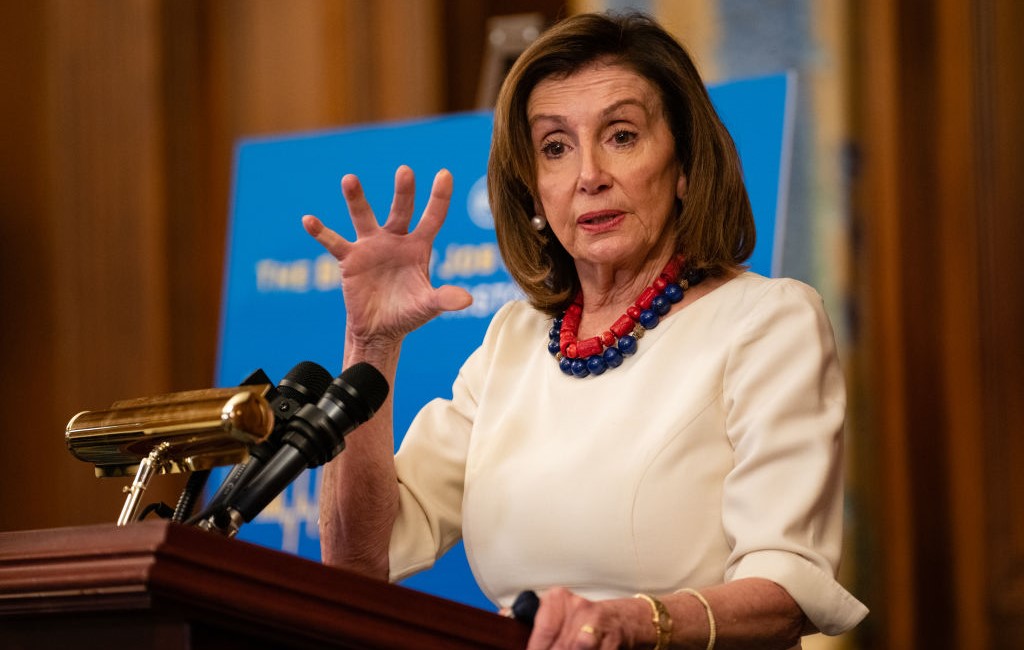
– On January 27, it was reported that the U.S. and Japan are considering the adoption of a joint framework to regulate the trade of advanced technologies. This move would upend industries like AI, quantum computing, and semiconductors that loop China into their supply chains.
– On January 25, the U.S. Department of Commerce issued the results of a 150-company survey showing that chip reserves held in the inventories of semiconductor manufacturers have fallen from a 40-day supply in 2019 to just five days in 2022.
– On January 25, the U.S. House of Representatives leadership unveiled the 2,900-page America COMPETES Act, intended to boost the U.S.’ supply chain resiliency and ability to compete with China in critical industrial sectors; like semiconductors.
– On January 20, a bipartisan group of over 140 U.S. legislators urged USTR Katherine Tai to broaden the scope of the ongoing Section 301 tariff exclusion process, arguing that the increased costs wrought by these tariffs have disproportionately harmed American workers.
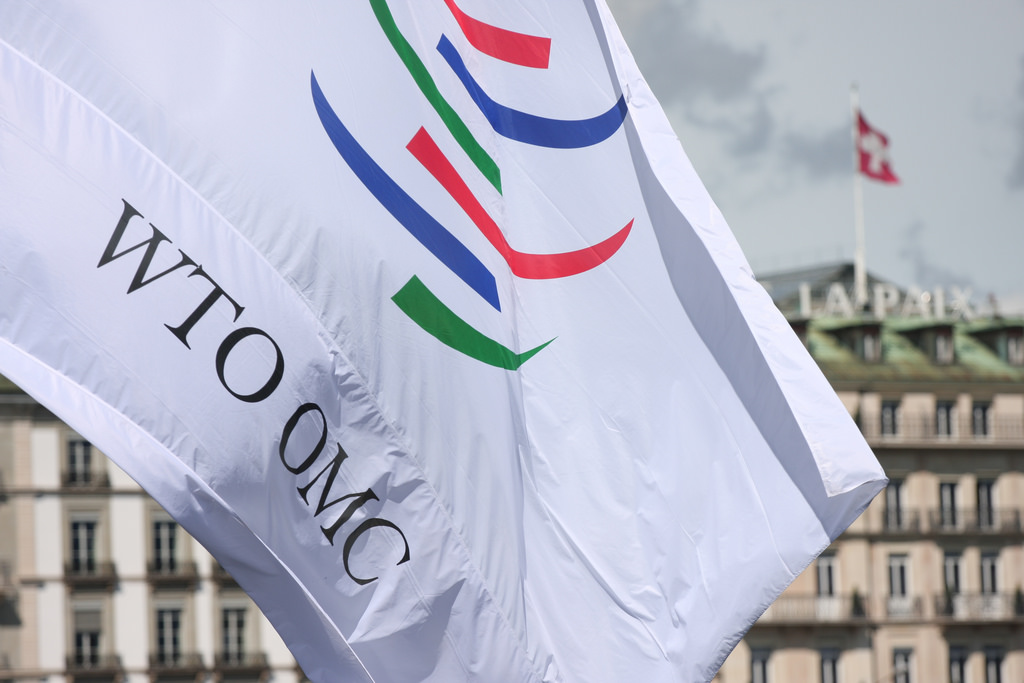
– On January 27 the Federal Communications Commission (FCC) revoked its authorization for telecom company China Unicom to operate in the U.S., citing “significant” espionage and national security concerns.
– On January 26, it was reported that the House’s proposed China competition bill would allow the USTR to screen and block U.S. foreign direct investments that could allow data of “national critical capabilities” to end up in “countries of concern,” such as China.
– On January 26, the World Trade Organization ruled in an Obama era case granting Beijing the authority to levy $645 million in tariffs to retaliate against U.S. countervailing duties on around a dozen Chinese goods in 2012.
– On January 20, the U.S. imposed sanctions on three Chinese aerospace companies alleging their involvement in the proliferation of missile technology.
– On January 20, President Biden announced that his administration is not ready to lift the Trump-era tariffs on Chinese goods as Beijing fell short of its purchase commitments under the Phase One trade deal.
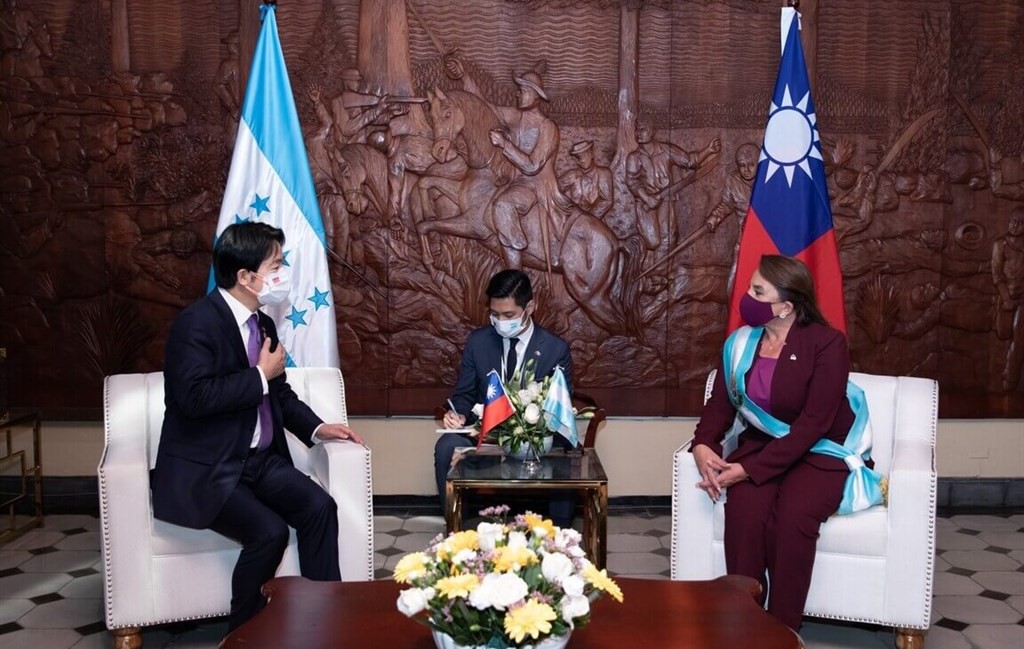
– From January 27-30, Taiwan Vice President William Lai met with his U.S. counterpart Kamala Harris and House Speaker Nancy Pelosi during the inauguration of the new President of Honduras, one of the few remaining states that recognizes Taipei over Beijing.
– On January 27, the European Union filed a case against China in the WTO alleging that Beijing illegally blocked Europe’s access to Chinese markets in response to Lithuania renaming Taipei’s office in Vilnius as the “Taiwanese Representative Office” last November.
– On January 24, Taipei reported a 39-aircraft incursion by Beijing into Taiwan’s air defense identification zone (ADIZ) near the Pratas Islands.
– On January 23, it was reported that the PLA Navy has had a consistent naval presence for the last six months around the Diaoyu/Senkaku islands (disputed between China and Japan) off the east coast of Taiwan.
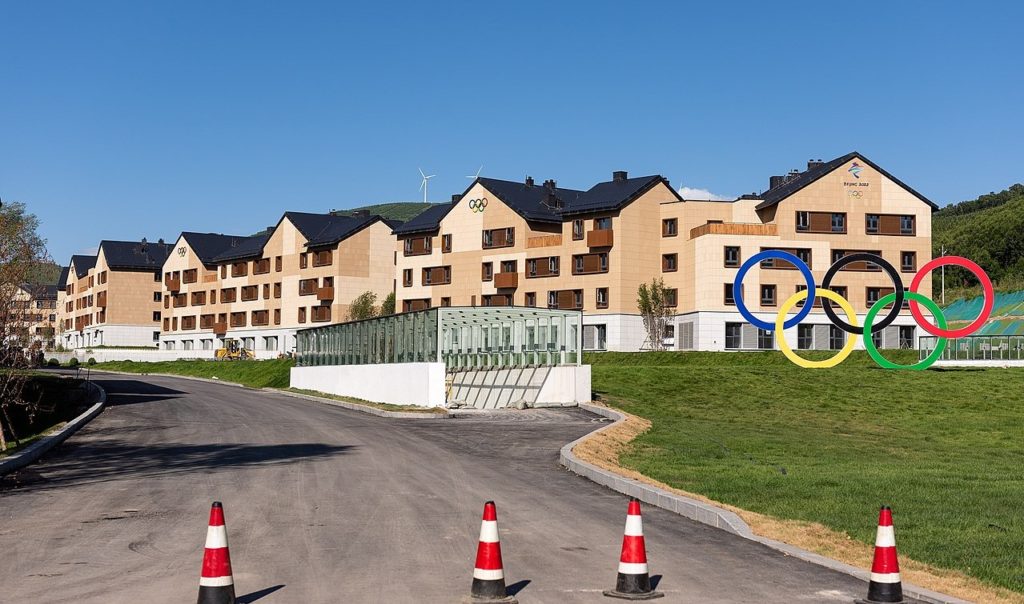
“Foreign Journalists in China Say They Face Deepening Intimidation,” The Wall Street Journal, January 30 [Paywall]
“China confirms Xinjiang visit talks with UN human rights chief,” South China Morning Post, January 28 [Paywall]
“U.S. weighs letting diplomats leave China over tough COVID rules,” Reuters, January 26 [Paywall]
“Singapore, Indonesia sign landmark agreements on extradition, defence and airspace,” South China Morning Post, January 25 [Paywall]
“NBC’s Olympic Tightrope,” The Wire China, January 24 [Paywall]
“For China’s International Students, Two Years of Limbo Take a Toll,” The Wall Street Journal, January 24 [Paywall]
“‘In the End, You’re Treated Like a Spy,’ Says M.I.T. Scientist,” The New York Times, January 24 [Paywall]
“Winter Olympics Sponsors Caught Between Beijing, U.S.,” The Wall Street Journal, January 23 [Paywall]
“China hires western TikTokers to polish its image during 2022 Winter Olympics,” The Guardian, January 22
“Biden Administration Makes Visa Changes to Retain Foreign STEM Students,” The Wall Street Journal, January 21 [Paywall]
“U.S. suspends 44 U.S flights by Chinese carriers after China action,” Reuters, January 21 [Paywall]
“China, Russia block US bid to sanction North Koreans at UN,” Al Jazeera, January 20
January 25 hosted by Asian/Pacific Studies Institute
January 25 hosted by Polar Institute
January 25 hosted by Center for Strategic and International Studies
January 27 hosted by Center for Strategic and International Studies
January 27 hosted by Carnegie Endowment for International Peace
January 27 hosted by U.S.-China Economic and Security Review Commission
February 3 hosted by SupChina
February 4 hosted by Stimson Center
February 14-16 hosted by Wilson Center
February 24 hosted by US-China Education Trust
February 25 hosted by Center for the Study of Contemporary China
March 23-24 hosted by China Conference
The ICAS 2021 Annual Report has been released!
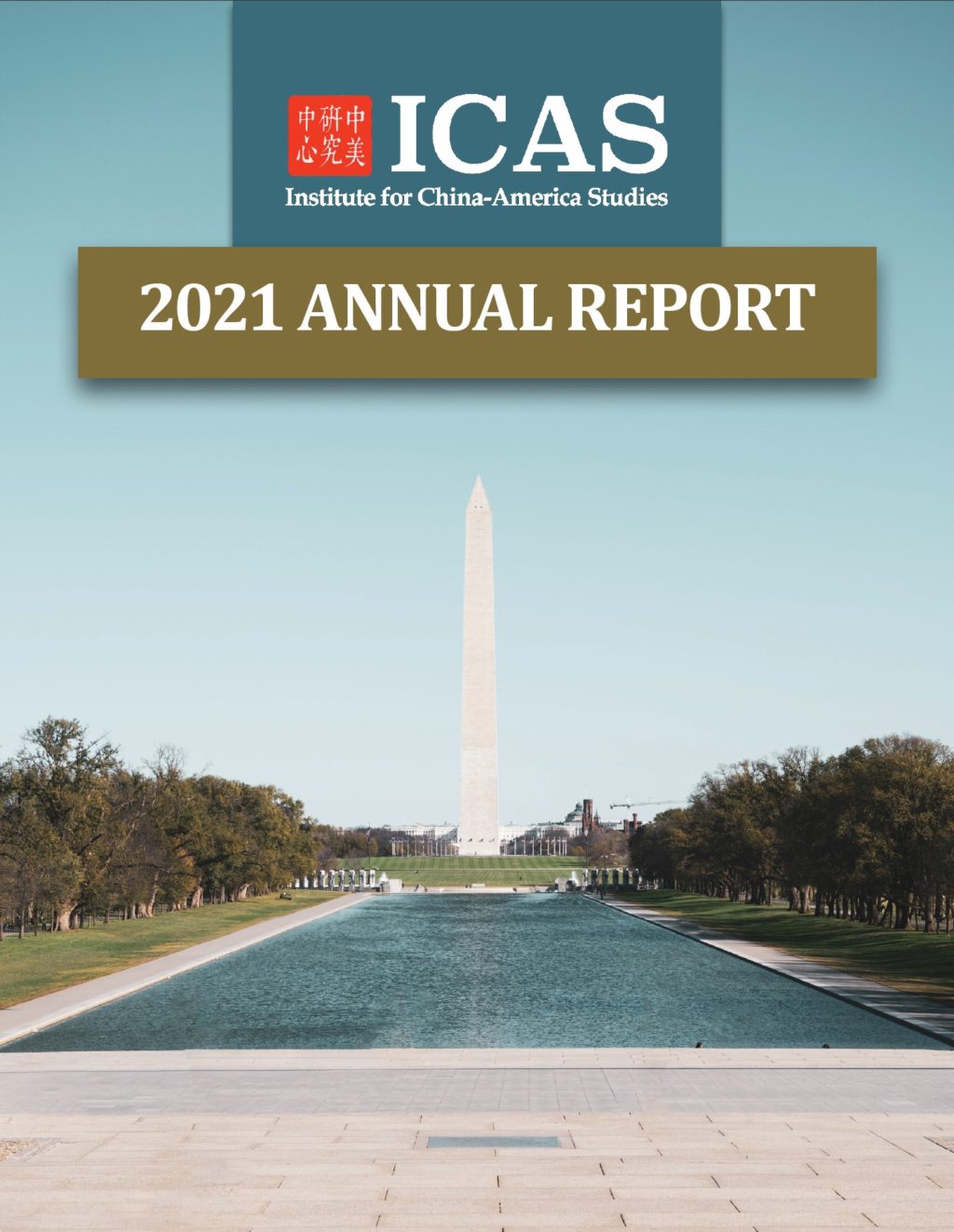
Currently in its seventh year of existence, ICAS has established itself as a fresh voice in the Washington, D.C. think tank community. The team at ICAS is excited to share with you this brief snapshot of our accomplishments in 2021!
Despite the struggles and unknowns that it brought to 2021, the pandemic did not stop ICAS from engaging with the world and ensuring that pertinent analysis was conducted on the U.S.-China relationship. Even as we may not be able to resume international travel for academic exchange purposes in the short term, we are eager to see what we can continue to achieve with your support.
ICAS is Looking for an Intern!
The Institute for China-America Studies seeks a research assistant intern to support our scholars! The application deadline is February 28, 2022. The internship will begin, at latest, the first week of March and continue for 4-6 months. This is a part time, 20 hour per week internship that can be conducted remotely or in a hybrid environment.
Competitive candidates will have an interest in U.S.-China relations and be pursuing, or have recently obtained, a bachelor’s degree or master’s degree from an accredited institution. We are looking for problem solvers who can think on their feet and anticipate tasks ahead of time.
This is an excellent opportunity for young professionals interested in U.S.-China relations. We offer all our research interns the opportunity to co-author with our scholars and encourage solo publication.
Interested in Applying?
Interested applicants should submit a cover letter, resume, and a writing sample as a single PDF in the form found in the link below:
Questions about the internship can be addressed to our Research Associate and Program Officer, Matt Geraci, at mattgeraci@chinaus-icas.org.
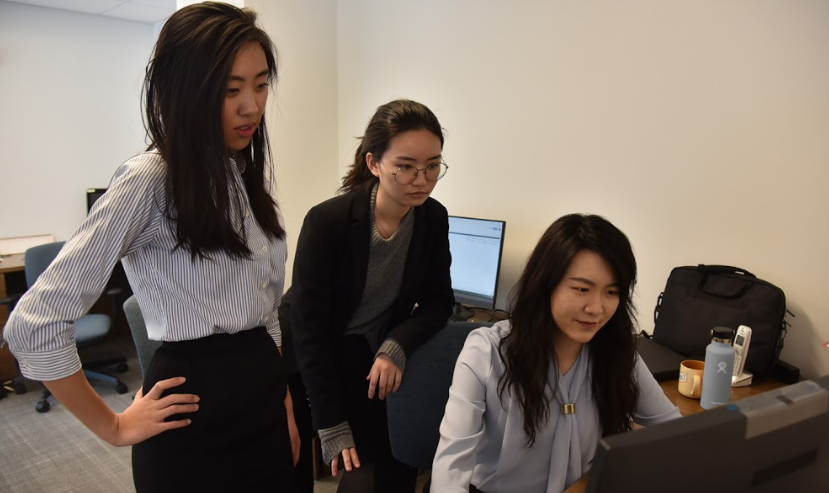
by Sourabh Gupta
January 24, 2022
Key Takeaways:
On Tuesday, January 25, 2022, Senior Fellow Sourabh Gupta discussed the joint Russian-Chinese naval exercises in the Arabian Sea on RT America.
On Tuesday, January 25, 2022, Senior Fellow Sourabh Gupta discussed the 30th anniversary of China’s establishment of ties with the independent states of Central Asia on CGTN’s World Insight.
On Sunday, January 23, 2022, Research Associate Yilun Zhang was interviewed by Press TV on the 25-year agreement between China and Iran,
On Friday, January 21, 2022, Senior Fellow Sourabh Gupta was quoted by the South China Morning Post on the prospects of another Yang-Sullivan meeting later this year.
The Team at ICAS thanks you for supporting our mission to promote greater collaboration and mutual understanding in the U.S.-China relationship. We send our best wishes for health, happiness, and prosperity in the Year of the Tiger!
感谢您的支持!祝您年年有余,万事如意,心想事成!
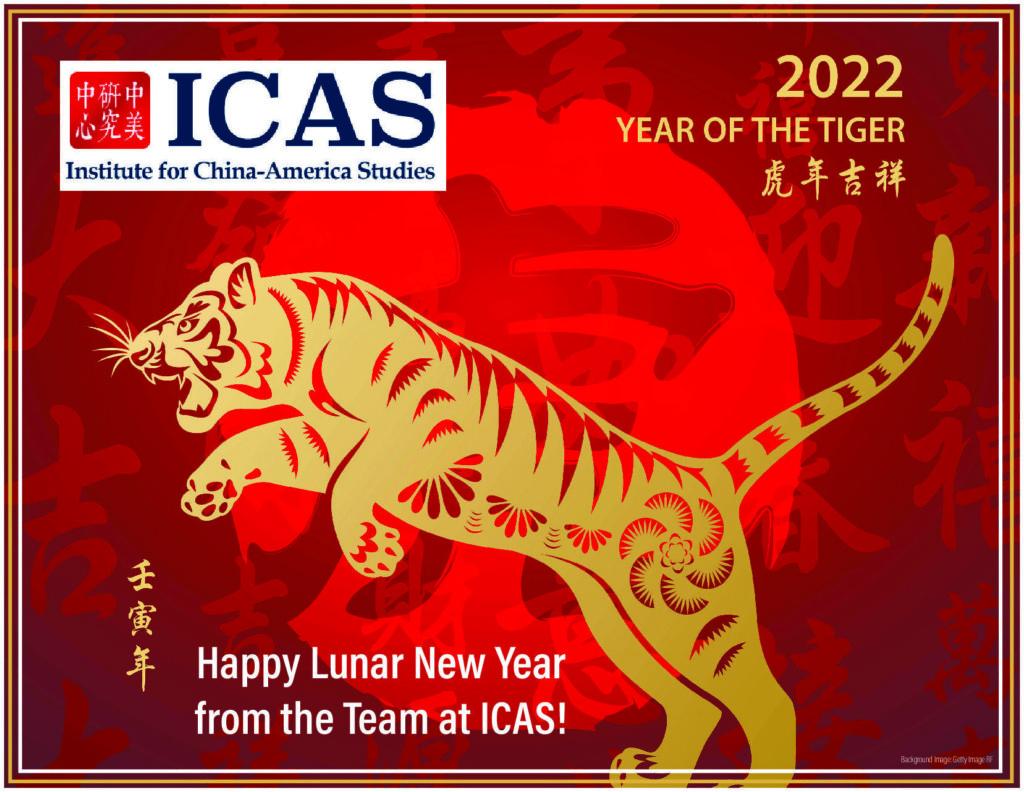

The Institute for China-America Studies is an independent nonprofit, nonpartisan research organization dedicated to strengthening the understanding of U.S.-China relations through expert analysis and practical policy solutions.
1919 M St. NW Suite 310,
Washington, DC 20036
icas@chinaus-icas.org
(202) 968-0595
© 2025 INSTITUTE FOR CHINA-AMERICA STUDIES. ALL RIGHTS RESERVED.